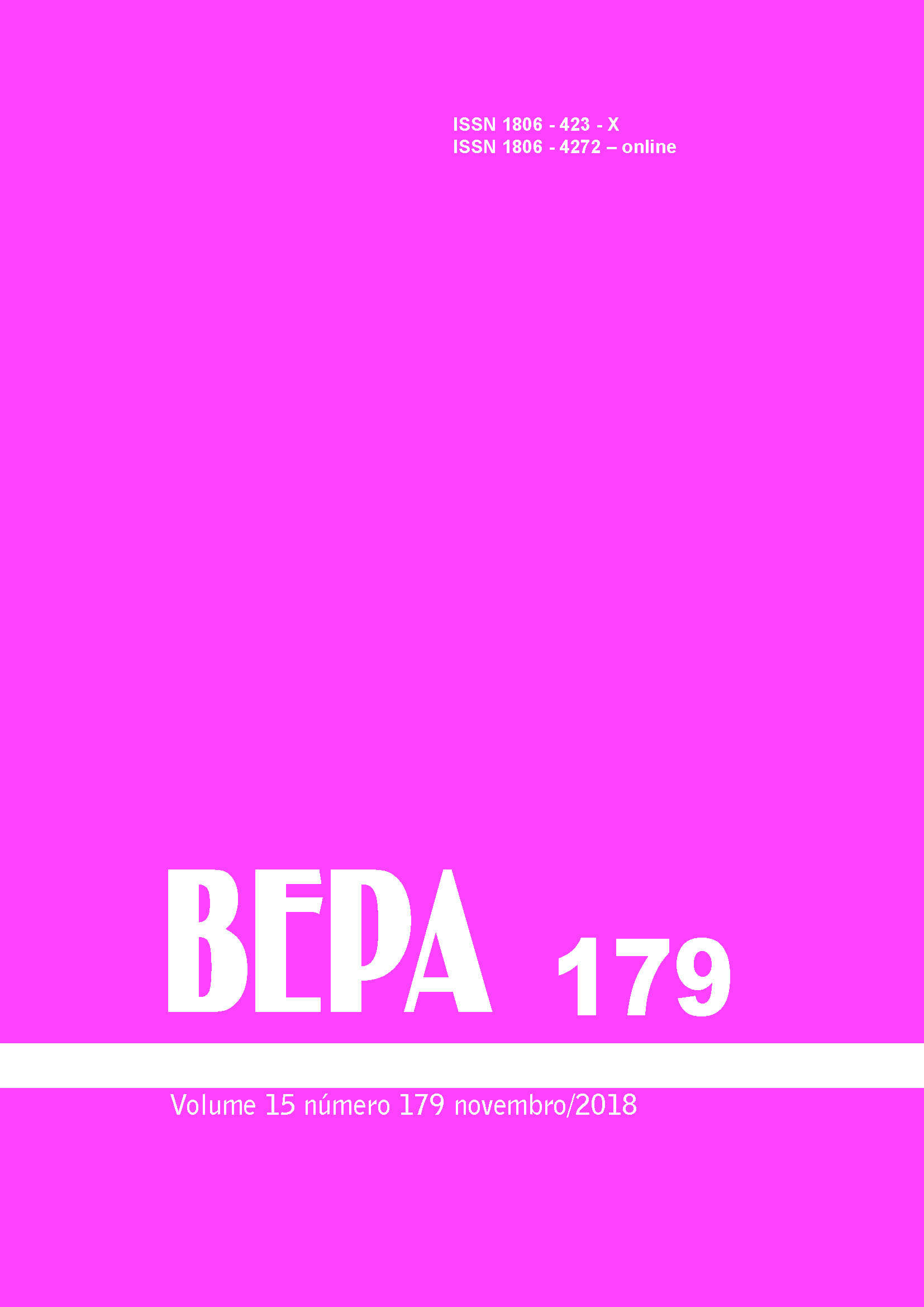Abstract
Cryptococcus neoformans is a pathogenic yeast, etiologic agent of cryptococcal meningoencephalitis, most
common clinical manifestation of cryptococcosis, which has a high mortality rate in developing countries and
have virulence factors that directly influence the infection in the host. A cosmopolitan infectious disease that
occurs by inhalation of yeasts and manifests more frequently in individuals with low cellular immunity. C.
neoformans has tropism for cells of the central nervous system. For the treatment of cryptococcosis the drug
of choice is amphotericin B associated or not to 5 -flucitosina despite the high toxicity and nephrotoxicity. The
objective of this study was to evaluate the antifungal activity of essential oils of Eugenia caryophyllus and
Thymus vulgaris and its major chemical compounds on Cryptococcus neoformans. In subinibitory evaluate the
dose capsule production and proteinase exoenzyme and phospholipase, before and after exposure to essential
oils and chemicals its controlling and evaluating the mixture of chemical compounds on C. neoformans isolates
sensitive to essential oils. human were used 18 isolated biological origin and, 07 patients with positive serology
for HIV and 11 with unknown HIV status, 20 environmental isolates and 02 standard strains of C. neoformans:
ICB 163 D (NIH 163D) and ATCC 90112. for the evaluation of the antifungal activity and obtaining the
minimum inhibitory concentration (MIC) used the broth microdilution technique in RPMI 1640 medium with
Tween 0.02% polysorbate 20 as surfactant. And confirmation of inhibition Sabouraud dextrose agar at 37 ° C for
48 hours to obtain the minimum fungicidal concentration (MFC). For each essential oil and its major chemical
compounds the following results MFC50 and MFC90 were found: E. caryophyllus CFM50 CFM90 0.19%
and 1.56%; for its major compounds: Eugenol 99% 24.75% MFC50 and MFC90 99%; β-caryophyllene 80%
MFC50 CFM90 40% and 80%. For T. vulgaris oil MFC50 MFC90 0.09% and 1.56%; for its major compounds:
Linalool 97% MFC50 and MFC90 97%; P-cymene and 99% MFC50 MFC90 99%; Carvacrol 98% and 24.50%
MFC50 MFC90 49%; Thymol MFC50 95.5% 24.8% and 49.7% MFC90. For the production of proteinase and
phospholipase all isolates were strongly positivprodutores of exoenzymes and after exposure to essential oils
and their major compounds all became not producers. Regarding the presence of capsules all isolates had capsule
and after contact with oils and their major compounds caused a reduction or lack thereof, as well as yeast cells
tended to cluster numbers of 2, 4 or more cells with increased size . For the research of the mixture between
the main chemical compounds, the following results as the CFMs were obtained 50 and 90: Eugenol 84.10%
and β-caryophyllene 12.67% - MFC50 and MFC90 96.77%; P-Cymene Linalool 14.43% and 8.49% - MFC50
and MFC90 22.92%; P-cymene 14.43% and 5.08% Carvacrol - MFC50 and MFC90 of 19.51%; P-cymene
and thymol 14.43% 62.13% - MFC50 and MFC90 of 76.56%; Linalool and thymol 8.49% 62.13% - 35.31%
MFC50 and MFC90 of 70.62%; Linalool 8.49% and 62.13% Carvacrol - MFC50 and MFC90 of 13.57%;
62.13% Thymol and Carvacrol 5.08% - 8.4% and MFC50 MFC90 33.6%. A mixture of 62.13% thymol, 5.08%
Carvacrol, P-Cymene Linalool 14.43% and 8.49% were MFC50 MFC90 2.81% and 90.13%. For these reasons
and under the conditions of this study, it is concluded that the CFMs of each major chemical on biological
strains showed antifungal activity at concentrations higher than the overall essential oil.

This work is licensed under a Creative Commons Attribution 4.0 International License.
Copyright (c) 2022 Patricia de Souza Santos, Maria de Fátima Costa Pires (orientadora)
